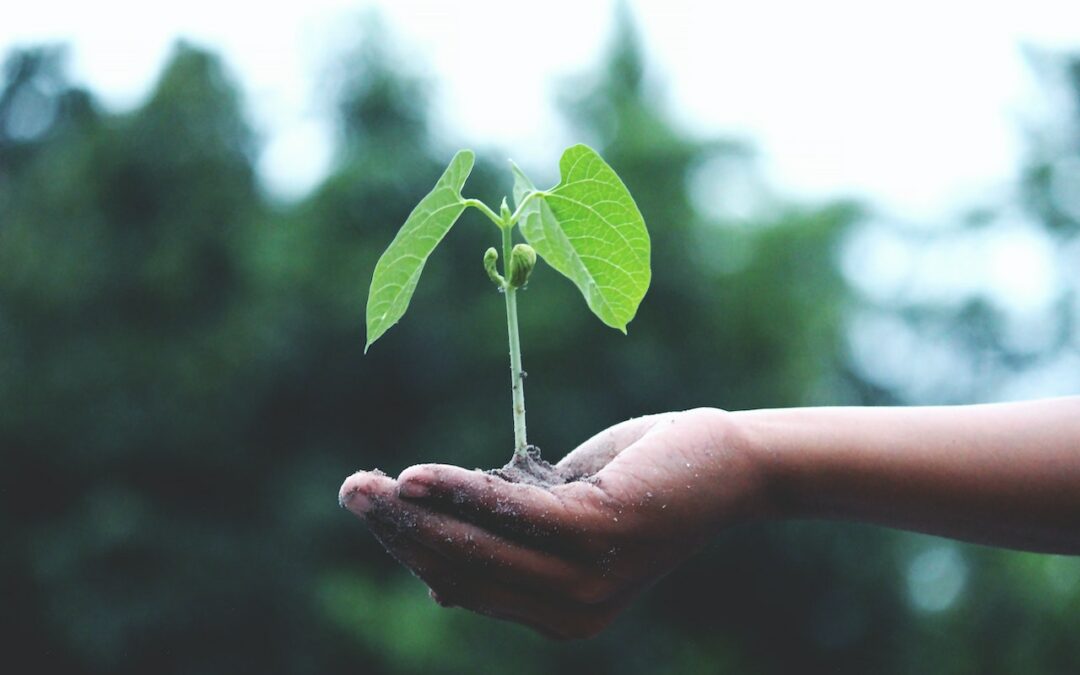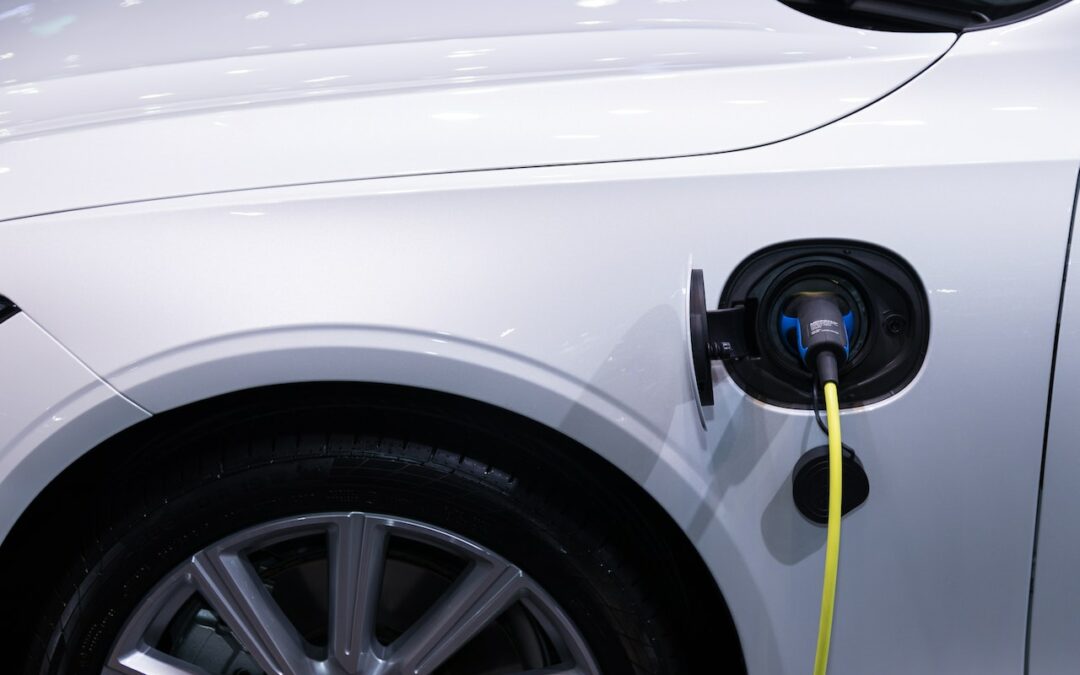
Solar Energy: The Sustainable Solution for Rural Water Supply in Senegal
Solar Energy: The Sustainable Solution for Rural Water Supply in Senegal
jschoshinski
Wed, 09/04/2024 – 19:31
In Senegal, the public water service companies (DSPs, the French acronym) responsible for operating drinking water supply systems face many challenges in rural areas. Most drinking water pumping systems run on diesel, a costly resource that is difficult to supply in remote areas. Urbanization and rapid population growth, the impact of climate change on water resources, and growing inter-sectoral competition for water further strain DSPs’ financial conditions. Not to mention, diesel releases planet-warming greenhouse gases into the atmosphere.
The USAID Scaling Up Renewable Energy (SURE) program aims to support DSPs in modernizing their rural borehole pumping systems. Through SURE, USAID has awarded a $264,415 grant to Société de Gestion des Eaux du Sénégal (SOGES) and provided technical support to convert diesel and manual water pumping systems to solar power. SOGES manages the DSP in Tambacounda, Senegal, which has 231 water supply systems serving around 498,000 inhabitants. Almost 79 percent of the boreholes managed by SOGES are diesel-powered.
Expected Results of Converting to Solar-Powered Water Pumping Systems
With the support of SURE Senegal, eight sites in the Tambacounda region have been solarized. SOGES plans to solarize an additional 15 sites by the end of 2024 to achieve the following expected results:
Replacement of 15 diesel generators with solar pumping systems, one of which will be connected to the electricity grid to compensate for a broken generator.
Improved drinking water service quality the 15 sites, which serve nearly 106,000 people in over 14,000 households and 69 villages.
Fully meeting the water needs of the targeted communities by increasing pumping time and, consequently, water production by around 33 percent.
Reduction in pump operating costs, freeing up funds for reinvestment.
Dissemination of project results to facilitate the modernization of other diesel-powered sites.
Capacity building for personnel, especially borehole operators who are involved in project implementation, so they can perform long-term operation and maintenance to ensure continuity of service.
Greater attention to gender considerations in access to water for rural populations, especially for women and girls.
Obstacles to Financing Solar Solutions in Senegal
Despite the potential benefits of solar energy, several challenges hinder the financing and implementation of solar solutions in rural Senegal:
Low commitment: There is often low commitment from financial institutions to raise funds and develop renewable energy projects in non-electrified rural areas.
High investment costs: The initial installation of a solar pumping system can be costly due to the price of solar panels and components.
Cost of preliminary studies: Before installing a solar pumping system, in-depth studies must be conducted to assess the site, the required pumping capacity, and the solar energy requirements. This requires specialists and may incur additional costs.
Cost of maintenance and repairs: Although solar pumping systems generally have a long service life, they require regular maintenance to keep them running smoothly.
Difficult initial financing: Obtaining funding for initial installation can be a challenge, especially in rural areas or developing countries.
Despite these constraints, solar pumping systems remain a sustainable and environmentally friendly solution for water supply, especially in rural areas, and the long-term benefits can offset the initial costs.
Image
USAID and SURE Senegal teams visit a newly installed solar site in Méréto, a village located in the South of Senegal.
Photo Credit: Ministry of Water and Sanitation
Advantages of Switching to Solar Power in Rural Areas
The transition to solar energy offers undeniable advantages, including strengthening the capacities of local service providers and creating new jobs. SURE Senegal has created 241 direct jobs and 410 indirect jobs.
Switching to solar power ensures service continuity and increases water production. In Tambacounda, diesel shortages and high temperatures often leave generators inoperable, depriving people of water. The extra water from the transition to solar can also supply small agricultural plots near the boreholes.
Solar energy boosts profitability of local water companies and ensures sustainable service in rural areas. Before the switch to solar power in Tambacounda, production costs were high, averaging $0.40/cubic meter with a 99 percent network efficiency rate. After transitioning to solar, energy-related costs dropped by around 30 percent, reducing operating costs by almost 75 percent. Fuel price fluctuations, a major factor in production costs, will no longer affect water prices. The project’s loan will be repaid in five years, with annual fuel savings covering the payments.
How the Transition to Solar-Powered Pumps are Helping to Improve Water Security in Senegal
Unlike diesel, the solar-powered pumping systems reduce CO2 emissions, cut noise pollution, and reduce fuel spills and other environmental hazards, supporting Senegal’s goal of a 10 percent emissions reduction by 2030. Energy transition in the water sector makes it possible to minimize production costs, reduce dependence on fossil fuels, and open up investment opportunities to reduce water shortages, particularly in communities far from the power grid. Involving local authorities in this process is crucial to better integrate renewable energy into public policies and into the water sector in particular.
Evaluating the Success of SURE Senegal as a Model for Financing Access to Solar Solutions
SURE Senegal is a success story in financing renewable energy projects, which remains challenging in Senegal due to lengthy financing times. SURE’s financing approach has demonstrated that catalyzing private investment can increase access to water for rural populations. The grants awarded by USAID via SURE Senegal facilitated the granting of loans by financial institutions. Banque Agricole approved a $200,000 loan to SOGES, enabling the mobilization of the funds needed to complete SOGES’s contribution and guarantee effective implementation of its activities.
Teaser Text
The USAID Scaling Up Renewable Energy (SURE) program aims to support Senegal’s public water service companies in modernizing their rural borehole pumping systems.
Publish Date
Thu, 09/05/2024 – 12:00
Author(s)
Gamou Fall
Hero Image
1000212566.jpg
Blog Type
Blog Post
Strategic Objective
Integration
Mitigation
Region
Africa
Topic
Emissions
Climate Finance
Climate/Environmental Justice
Economic Growth
Energy
Clean or Renewable Energy
Locally-Led Development
Mitigation
Systems Change
Urban
Water and Sanitation
Water Management
Country
Senegal
Sectors
Energy
Water and Sanitation
Show Download Link
Off




